Question And Answer
Publications
Articles, publications, books, tools and multimedia features from the U.S. Institute of Peace provide the latest news, analysis, research findings, practitioner guides and reports, all related to the conflict zones and issues that are at the center of the Institute’s work to prevent and reduce violent conflict.
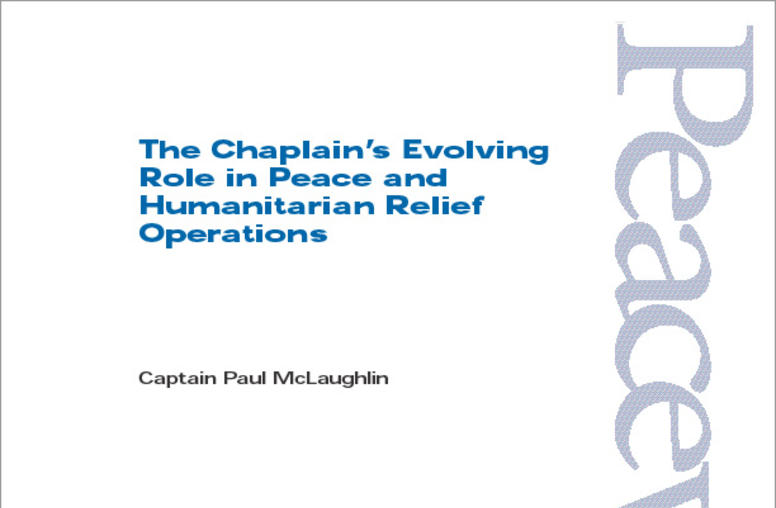
The Chaplain's Evolving Role in Peace and Humanitarian Relief Operations
To determine what role a chaplain could play in the civil-military and humanitarian assistance operations centers and teams present in an intervention, and at what point in the intervention a chaplain should be called upon to be an active participant.
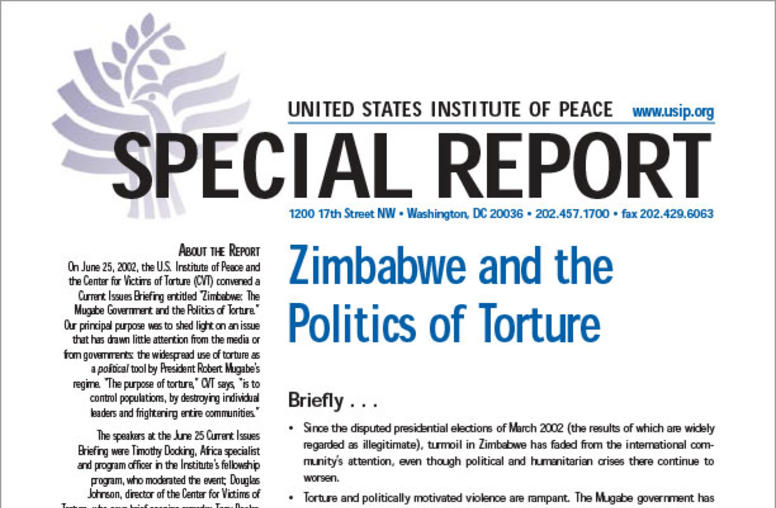
Zimbabwe and the Politics of Torture
Summary Since the disputed presidential elections of March 2002 (the results of which are widely regarded as illegitimate), turmoil in Zimbabwe has faded from the international community's attention, even though political and humanitarian crises there continue to worsen.
Humanitarian Assistance in North Korea (DPRK) Web Links
Below are links to resources primarily in English that provide substantive content on humanitarian assistance in the DPRK (North Korea). International and Non-Governmental Organizations Selected Documents These links complement the Institute Special Report: Overcoming Humanitarian Dilemmas in the DPRK (North Korea). International and Non-Governmental Organizations Caritas Internationalis Caritas Internationalis Web site describes the mission, guiding values and ...
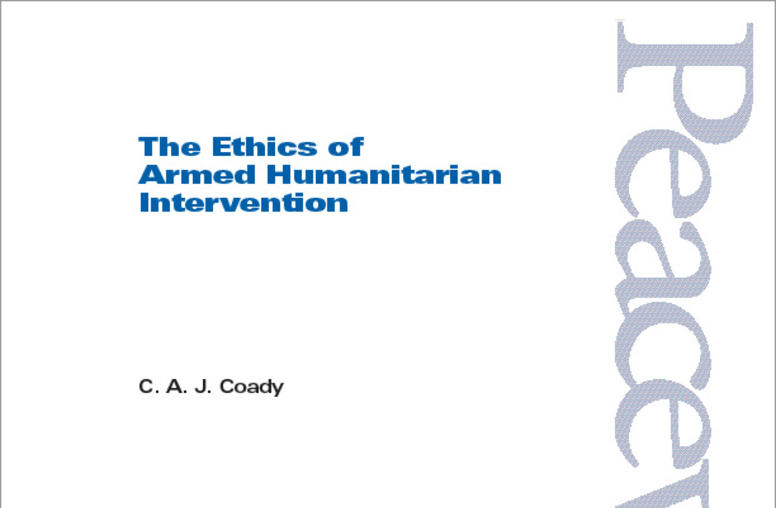
The Ethics of Armed Humanitarian Intervention
At the very beginning of the twenty-first century, two concerns ranked high on the military-political agenda of the Western world: humanitarian intervention and terrorism. This is an essay on the ethical issues surrounding the former.
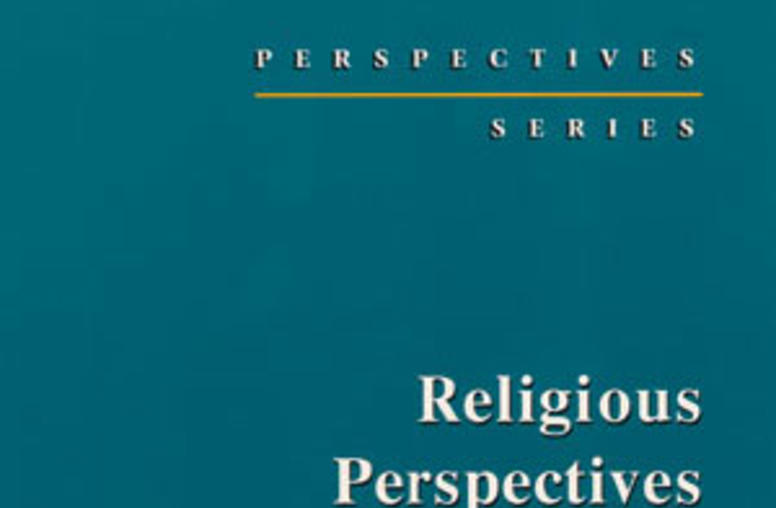
Religious Perspectives on War
In this volume, Jews, Muslims, and Christians with very diverse views address such issues as the just war doctrine, explaining their differences and finding often surprising common ground.
AIDS and Violent Conflict in Africa Web Links
Below are links by topical categories to resources primarily in English on issues regarding AIDS and HIV infection as they relate to violent conflict in Africa. For related web links and regional issues, see Regional Resources: Africa. Government Agencies and International Organizations Maps and Guides Media and News Sources Research Centers and Resources Selected Documents These links complement the Institute Special Report: AIDS and Violent Conflic...
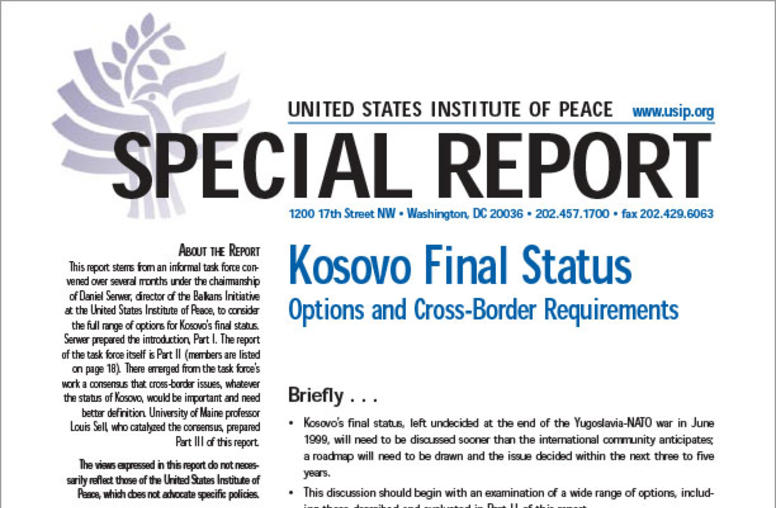
Kosovo Final Status: Options and Cross-Border Requirements
Summary Kosovo's final status, left undecided at the end of the Yugoslavia-NATO war in June 1999, will need to be discussed sooner than the international community anticipates; a roadmap will need to be drawn and the issue decided within the next three to five years. This discussion should begin with an examination of a wide range of options, including those described and evaluated in Part II of this report.
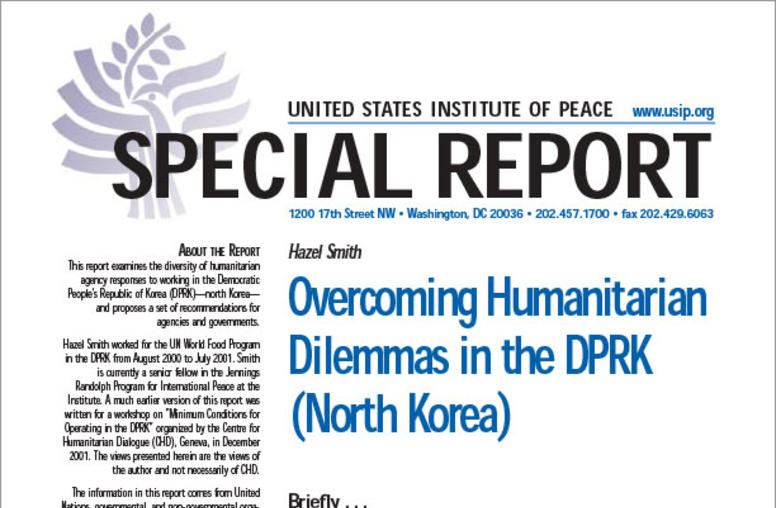
Overcoming Humanitarian Dilemmas in the DPRK (North Korea)
Summary In 1995 the DPRK (North Korean) government appealed to the international community for assistance to cope with gross food shortages, which threatened starvation for its people. UN humanitarian agencies that had had some relationship with the DPRK since the 1980s—the United Nations Development Program (UNDP) and the World Food Program (WFP)— responded to these appeals and became fully operational and resident in the country after 1995.
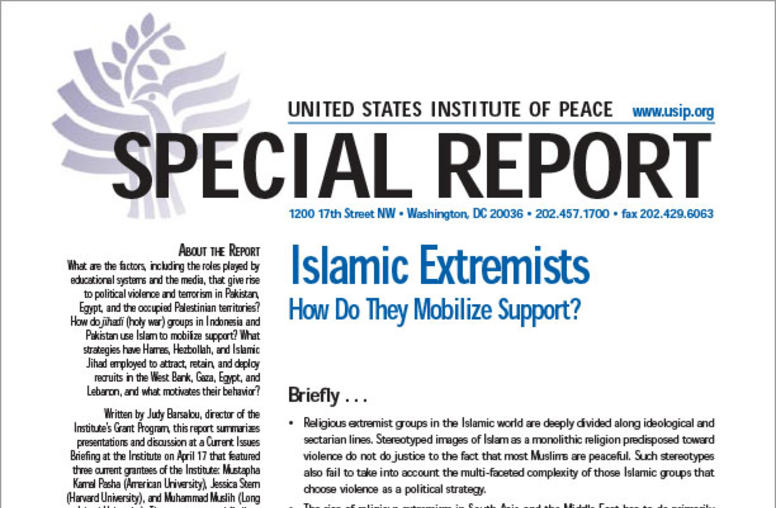
Islamic Extremists: How Do They Mobilize Support?
What are the factors, including the roles played by educational systems and the media, that give rise to political violence and terrorism in Pakistan, Egypt, and the occupied Palestinian territories? How do jihadi (holy war) groups in Indonesia and Pakistan use Islam to mobilize support? What strategies have Hamas, Hezbollah, and Islamic Jihad employed to attract, retain, and deploy recruits in the West Bank, Gaza, Egypt, and Lebanon, and what motivates their behavior?
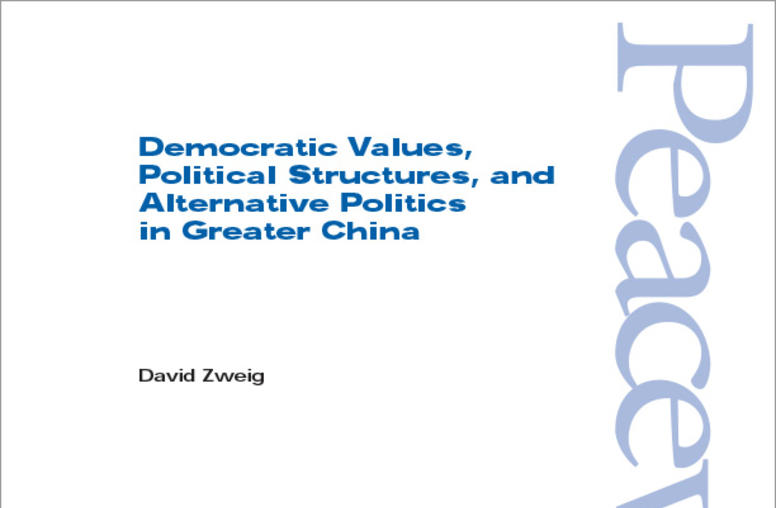
Democratic Values, Political Structures, and Alternative Politics in Greater China
This study addresses the relationship among popular attitudes toward democracy, a state's political structures--parties, elections, and the government bodies to which candidates in these societies are elected--and the ways in which people participate in politics. It argues that high levels of popular democratic consciousness and strong demands for participation, in the absence of legitimate democratic institutions, lead citizens to resort to nonformal political strategies, including civil dis...